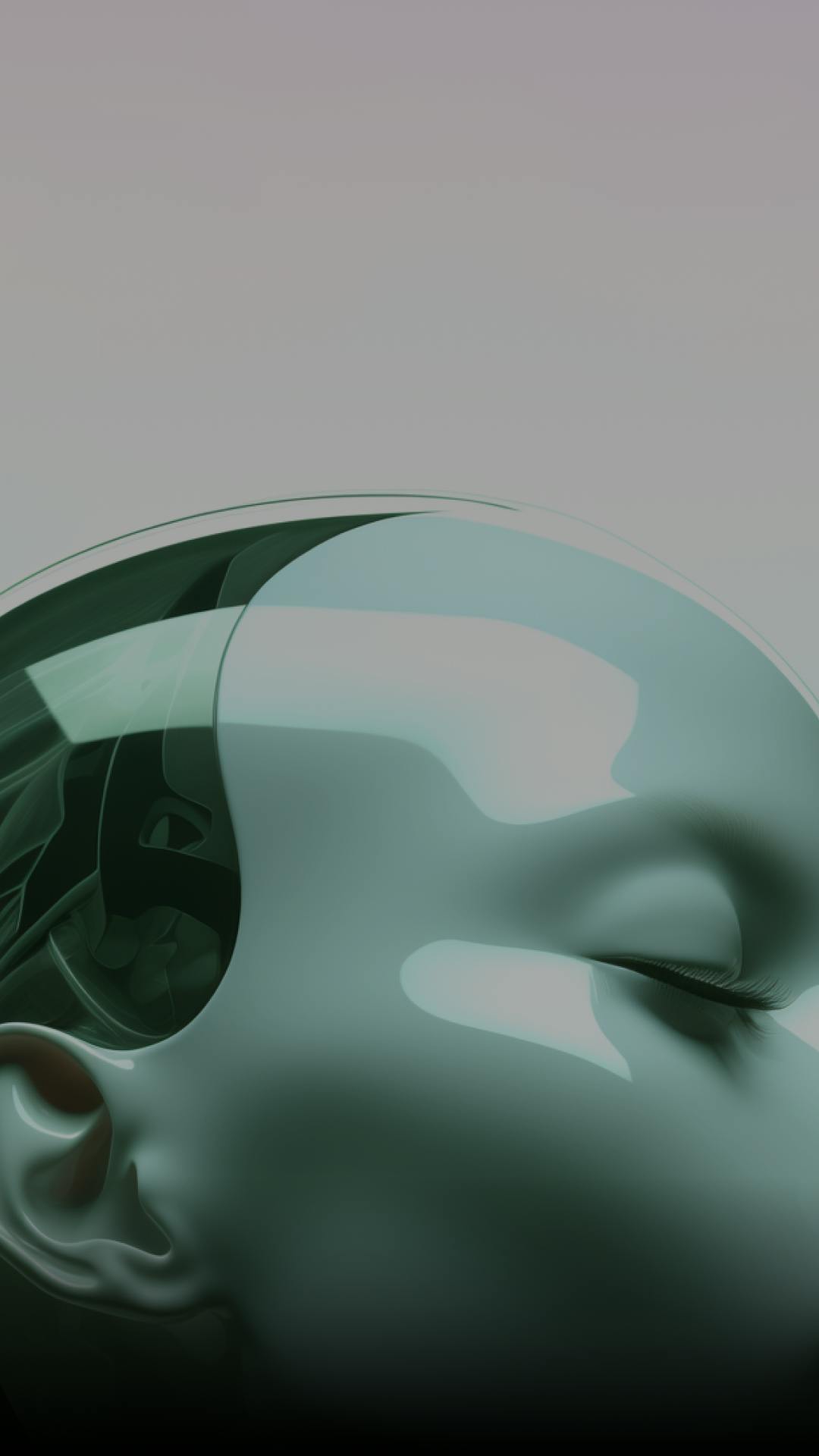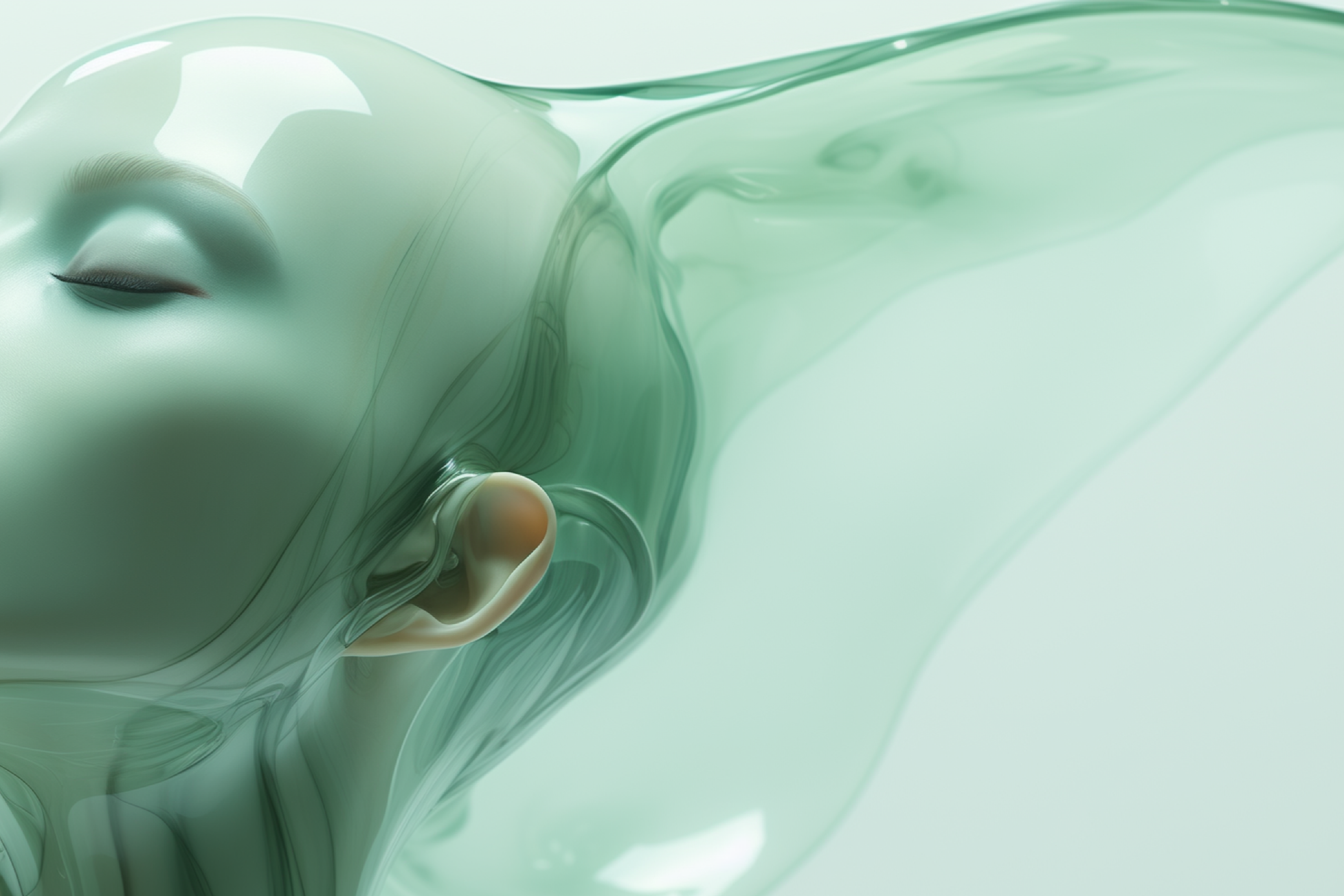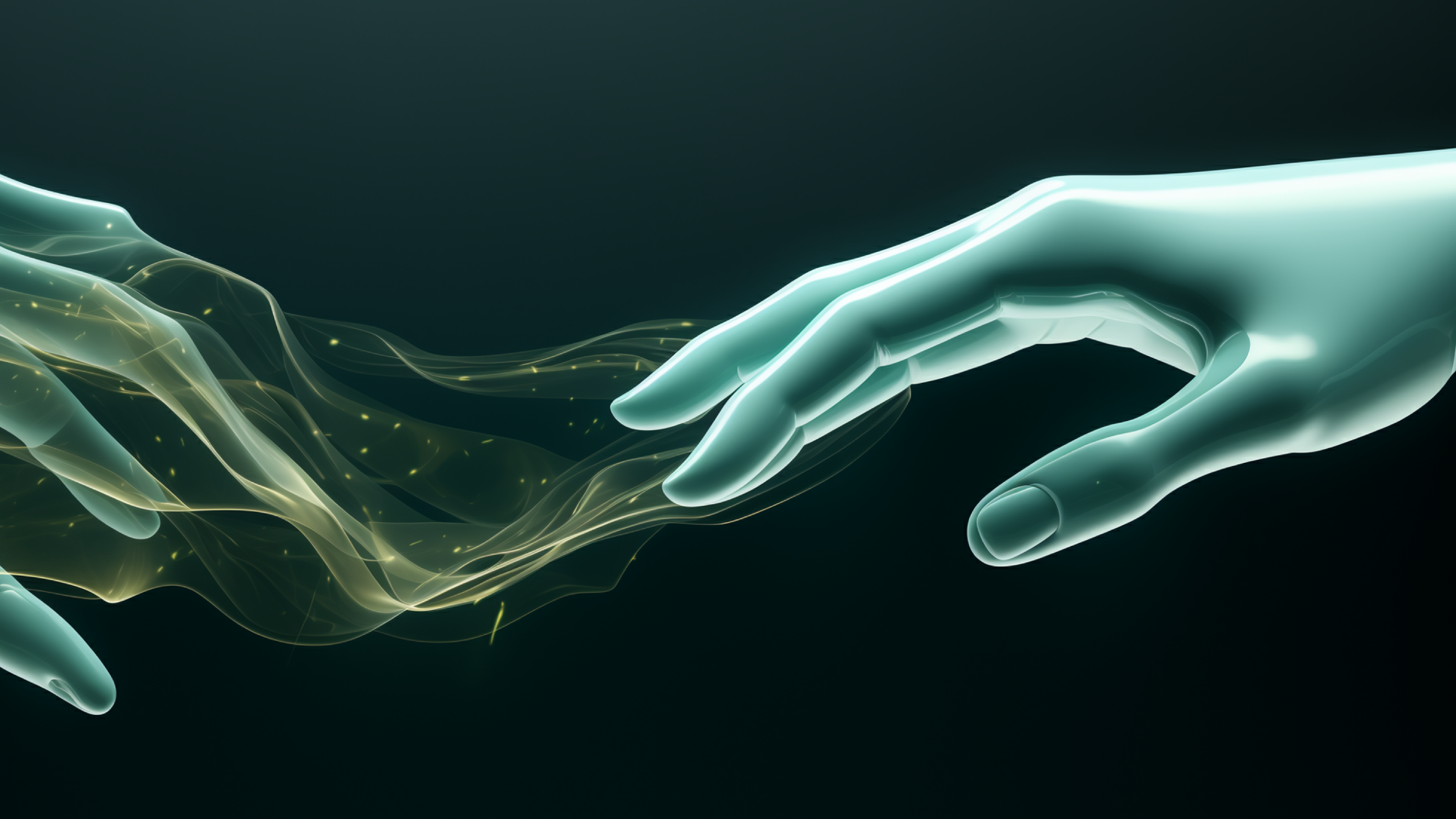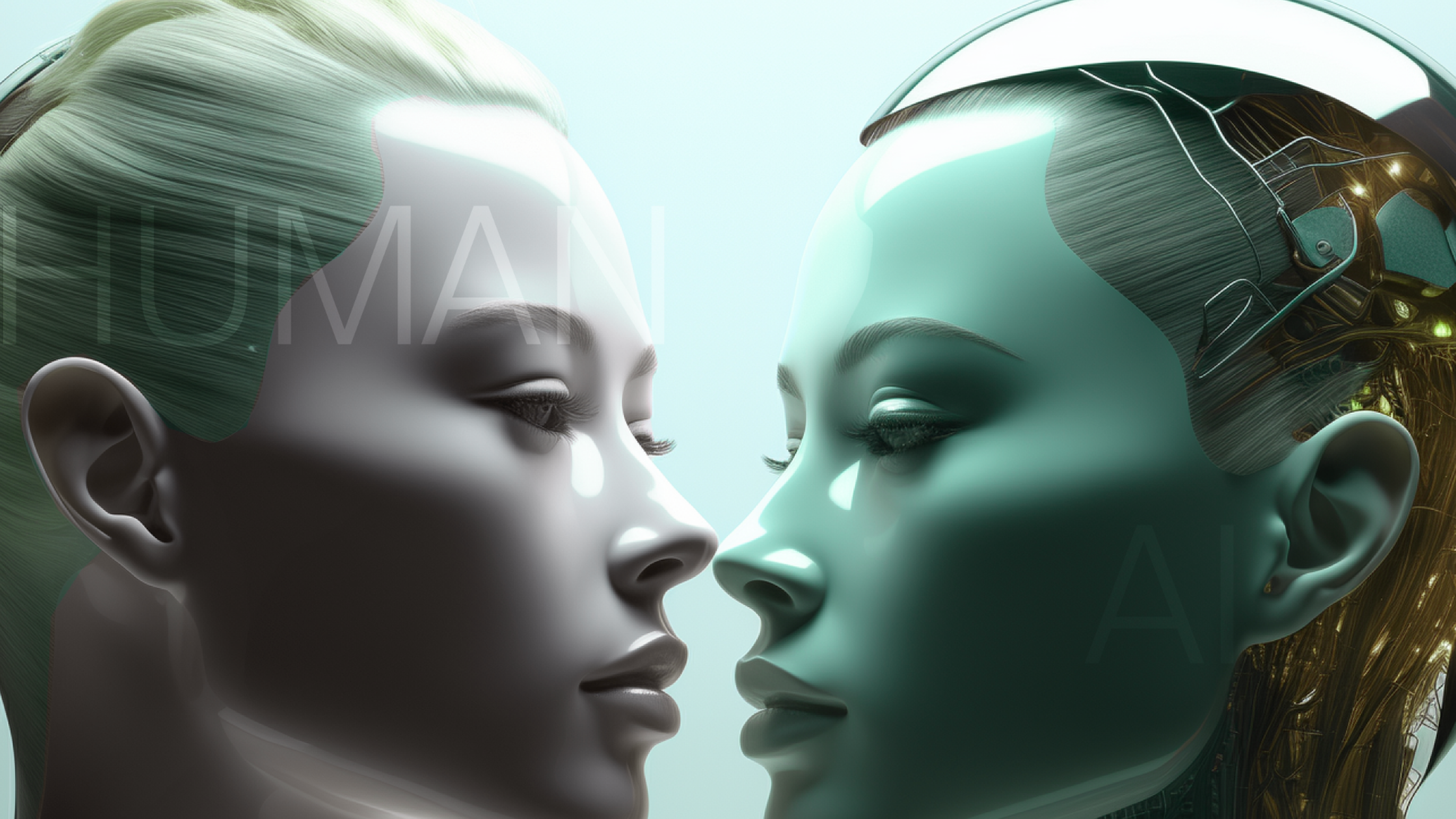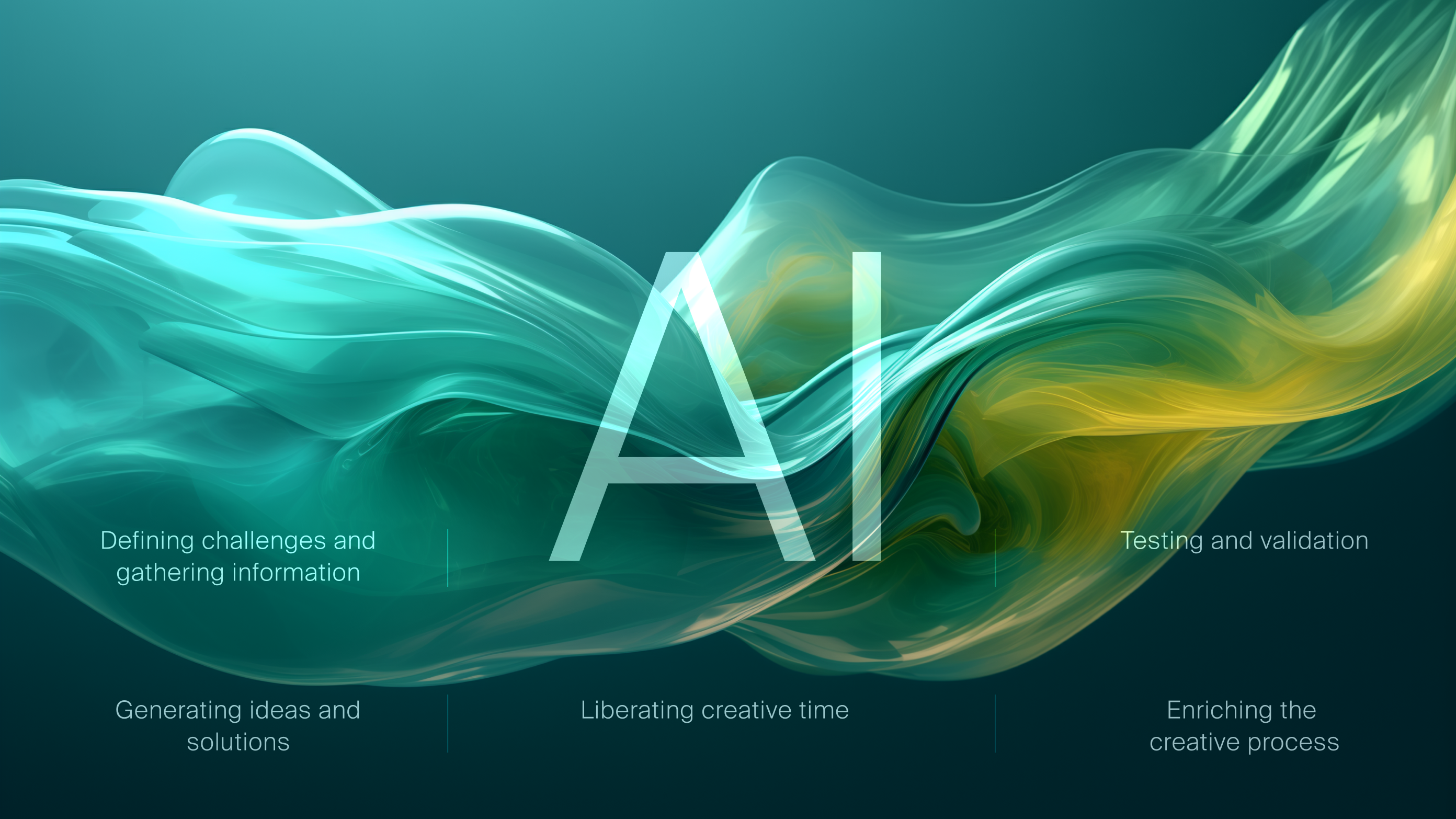This provocative question, posed by the title of Philip K. Dick’s novel “Do Androids Dream of Electric Sheep?”, represents a profound reflection on the nature of humanity, consciousness, and creativity in an increasingly technological world. The work, which inspired the cult film “Blade Runner”, challenges us to consider what it truly means to be human in an era dominated by technology and artificial intelligence. “Are we, humans, truly unique? Or could a machine one day replicate our capacity to dream, love, create?”
In the movie “Blade Runner”, the androids, known as replicants, are almost indistinguishable from humans. However, despite their exterior resemblance and cognitive abilities, they lack certain inherently human qualities. As Rick Deckard, the protagonist, observes: “Androids don’t have empathy”. This lack of empathy, of deep emotional connection, is what distinguishes humans from replicants. And, in many ways, this distinction reflects the current challenges and debates on artificial intelligence.
AI has revolutionized sectors such as media, entertainment, medicine, and production. Its ability to process huge amounts of data in fractions of a second has led to significant improvements in terms of efficiency and precision. However, as highlighted by the World Economic Forum, there is a clear distinction between replicating existing patterns and creating something radically new and innovative.
In the context of experience design, the automation offered by generative AI can simplify and speed up many processes, but there is a risk. If a client company relies exclusively on AI automation for design, it might end up producing solutions that are “average”. And in a competitive and rapidly evolving market like today’s, being average is not enough. Creativity, innovation, and the ability to offer unique and memorable experiences are what distinguish successful companies from those that get lost in the crowd.
